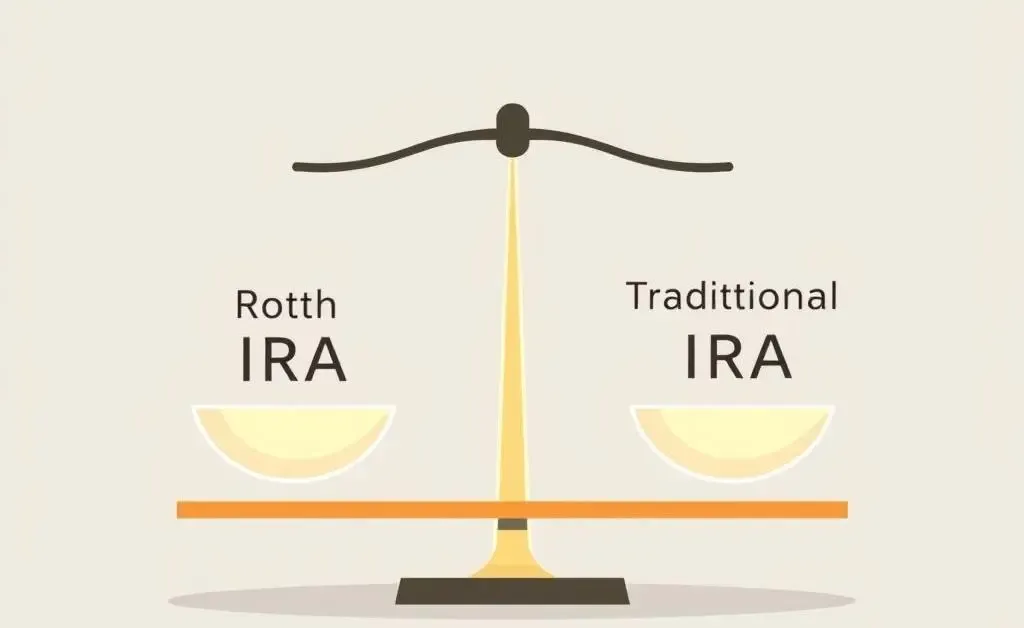Roth IRA vs Traditional IRA: Making the Right Choice for Your Future
Discover the differences between Roth and Traditional IRAs to plan your financial future wisely.

Have you ever found yourself at the crossroads of a big financial decision, unsure of which path to take, much like those classic "Choose Your Adventure" books? Deciding between a Roth IRA and a Traditional IRA can feel just like that! Both are fantastic options for building your retirement savings, but they come with their unique twists. Let's unpack the details to help you make the choice that's right for you.
When weighing these options, it's essential to understand what differentiates them. Here's the primary question to consider: Do you want to pay taxes now or later?
Understanding the Basics: Roth vs Traditional
With a Roth IRA, you contribute money that you've already paid taxes on. But here's the happy ending: When you're ready to retire, you generally won't need to pay any taxes on the withdrawals. It's a sweet deal if you expect to be in a higher tax bracket when you retire.
In contrast, a Traditional IRA allows you to contribute pre-tax dollars, which could reduce your current tax bill. The kicker is that you'll pay taxes on your withdrawals during retirement. This could work in your favor if you anticipate being in a lower tax bracket post-retirement.
Personal Storytime
Let me share a little anecdote. My friend Sarah was juggling the decision between these two IRAs just last year. She sought advice all over – from books, online forums, and financially savvy friends. Her approach was almost like assembling a jigsaw puzzle with no box cover as a guide. But Sarah ultimately chose a Roth IRA, feeling that the security of tax-free withdrawals later in life matched her long-term financial goals.
Pros and Cons at a Glance
- Roth IRA: Tax-free withdrawals, no required minimum distributions, contribution eligibility phases out at higher incomes.
- Traditional IRA: Immediate tax deduction on contributions, mandatory withdrawals starting at age 73, potential tax bite later on.
As with any big decision, individual circumstances are key. Consider your current and anticipated future tax situation, income level, and retirement goals when deciding which IRA makes sense.
How to Make Your Decision
Before leaning into one option, ask yourself a few questions: Do I want a tax break now or later? Am I expecting my retirement income to increase? How does this fit into my broader financial strategy?
If you're still wavering, it's never a bad idea to consult with a financial advisor who can steer you towards the best choice based on your personal financial landscape.
Choosing between a Roth IRA and a Traditional IRA doesn’t have to be overwhelming. With careful consideration and a bit of planning, you can make the decision that best supports your financial journey. What's your take on this? Have you chosen one over the other, or are you considering a different path altogether?




